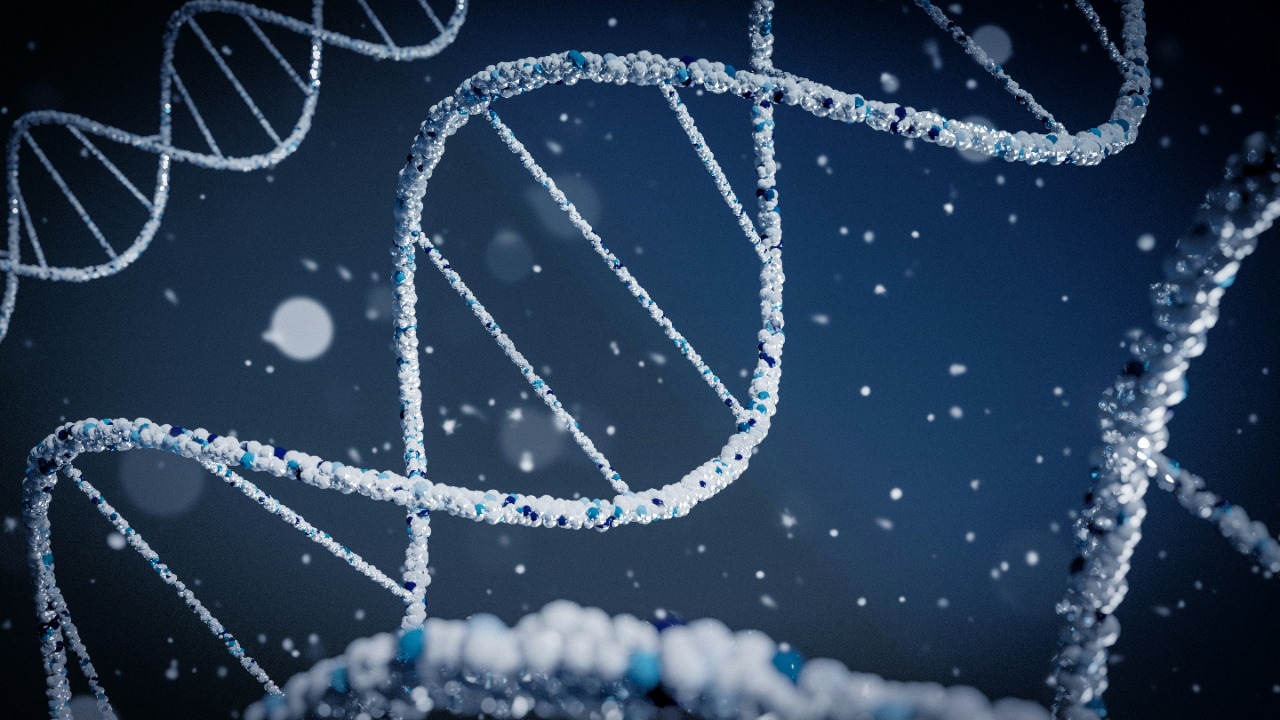
AI has become an invaluable tool in the field of genomics, revolutionizing how we understand the complexities of our DNA. By analyzing vast amounts of genetic data, AI helps us unlock hidden codes that reveal profound insights into our biology. From health risks to dietary preferences, these discoveries are reshaping personalized medicine and offering a deeper understanding of human evolution and diversity.
Genetic Predispositions

AI has enhanced our ability to identify genetic predispositions to various diseases. By analyzing DNA sequences, AI algorithms can predict the likelihood of developing conditions like diabetes, cancer, or heart disease. For example, companies like 23andMe use AI-driven models to provide users with insights into their genetic health risks, helping them make informed lifestyle and medical decisions.
These insights are crucial in preventive medicine, enabling healthcare providers to recommend early interventions. While genetic predispositions do not guarantee the development of a disease, they highlight the importance of regular check-ups and lifestyle modifications.
Ancestral Insights
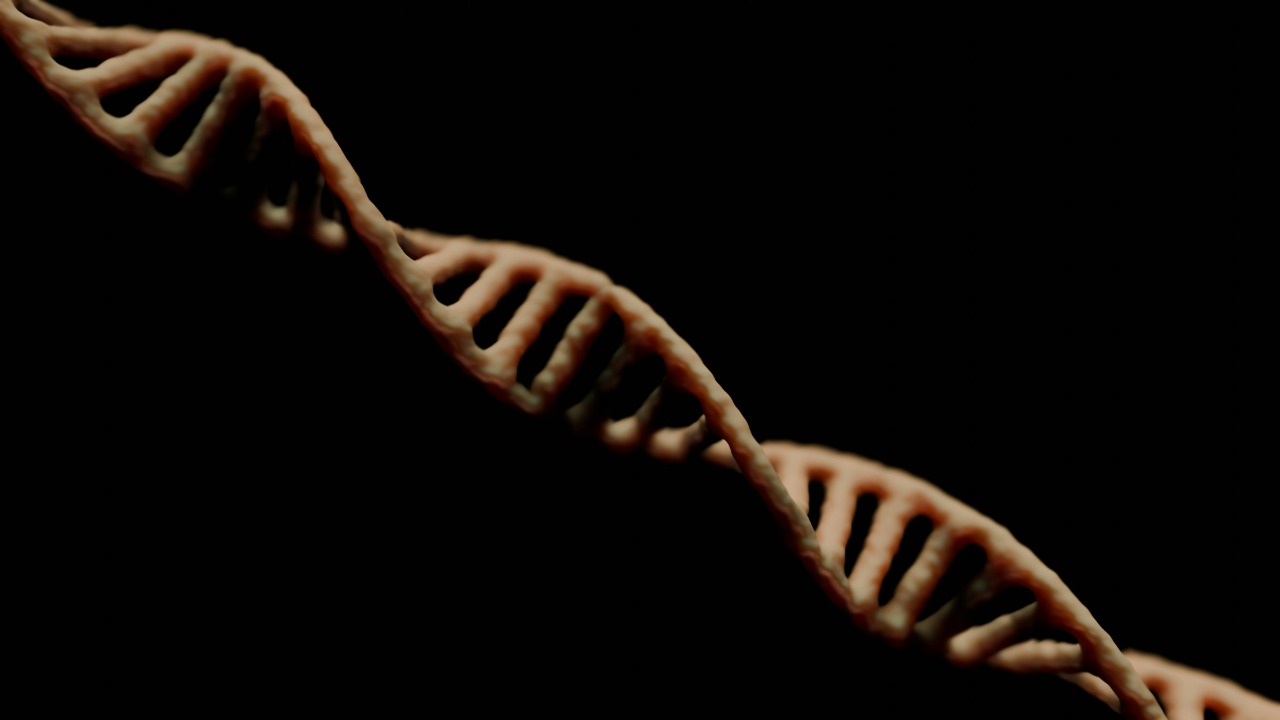
Thanks to AI, tracing one’s ancestry has become more accurate and detailed. AI analyzes genetic markers to provide insights into ethnic backgrounds and historical migrations. With platforms like AncestryDNA, users can explore their roots and connect with distant relatives. AI’s ability to analyze complex genetic data sets allows for the discovery of previously unknown ancestral connections.
These insights not only satisfy personal curiosity but also deepen our understanding of human history and migration patterns. By revealing connections across continents, AI fosters a greater appreciation for our shared heritage.
Health Risk Factors

Beyond genetic predispositions, AI can identify other health risk factors embedded in our DNA. By examining genetic variations, AI models can predict susceptibility to conditions like obesity or hypertension. A study published by Medium highlights how AI is decoding these complex interactions, paving the way for personalized healthcare.
Understanding these risks allows individuals to take proactive measures, such as adopting healthier lifestyles or undergoing regular screenings. This AI-driven approach empowers people to take control of their health, ultimately leading to improved outcomes.
Personalized Nutrition Profiles

AI has made it possible to tailor nutrition plans based on one’s genetic makeup. By analyzing DNA, AI identifies how individuals metabolize nutrients, which can influence dietary recommendations. For instance, some people may be genetically predisposed to lactose intolerance or gluten sensitivity. Companies like DNAfit use AI to create personalized nutrition plans that cater to these specific needs.
This approach not only optimizes health outcomes but also enhances overall well-being. Personalized nutrition can reduce the risk of diet-related diseases and improve energy levels, allowing individuals to perform at their best.
Unique Genetic Traits
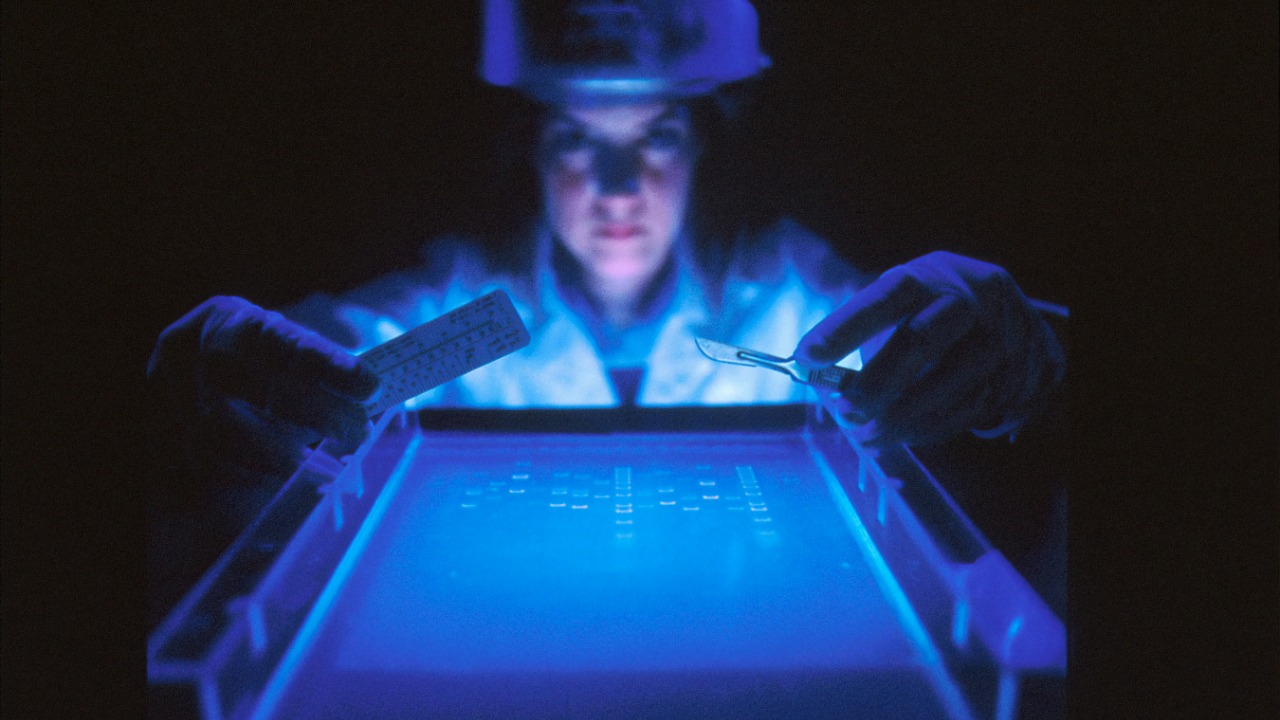
AI is adept at uncovering unique genetic traits that define individual characteristics. From eye color to athletic ability, AI analyzes genetic markers to provide insights into what makes each person unique. This understanding extends beyond aesthetics, highlighting traits that may influence career choices or hobbies.
For example, AI-driven insights can suggest a predisposition for musical talent or spatial reasoning, guiding individuals towards fulfilling career paths. These discoveries emphasize the diversity of human potential and the role of genetics in shaping our identities.
Behavioral Tendencies
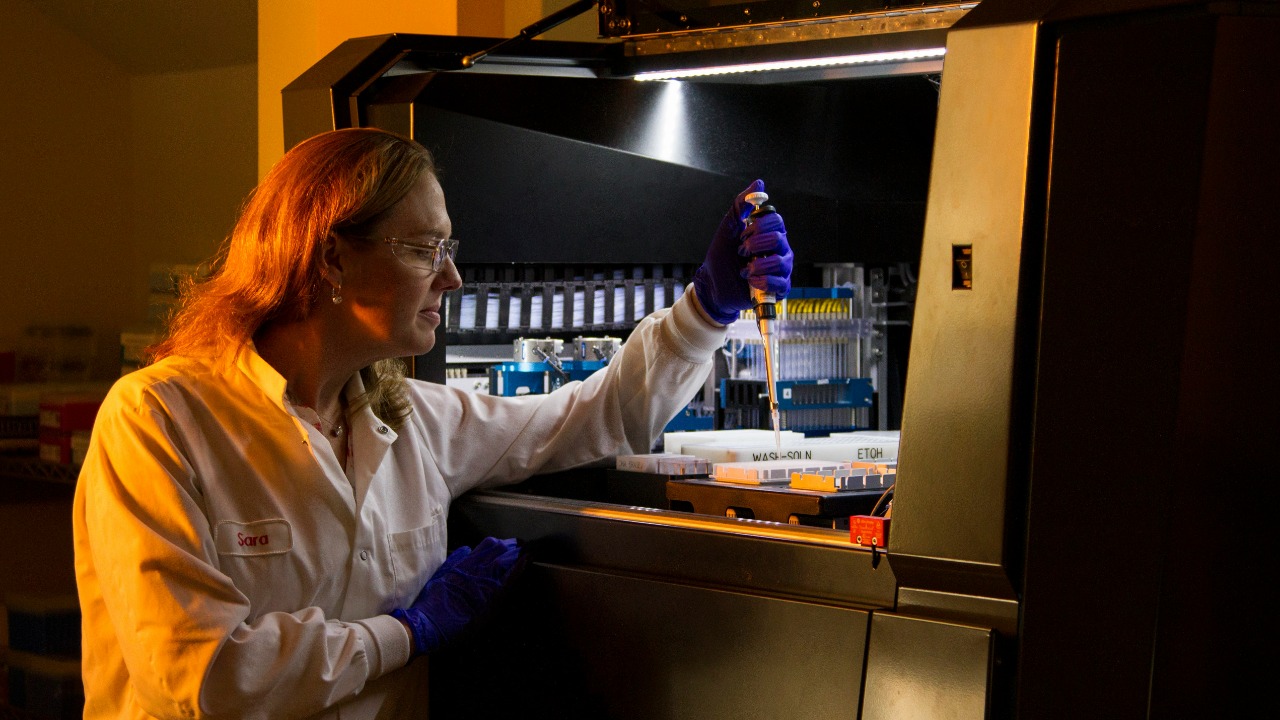
AI’s ability to decode DNA extends to understanding behavioral tendencies. By analyzing genetic influences on neurotransmitter levels, AI can predict susceptibility to mental health conditions or preferences in social interactions. Research shared by YouTube highlights how AI models are unraveling the genetic basis of behavior.
This knowledge can inform therapeutic approaches and improve mental health outcomes. By understanding the genetic underpinnings of behavior, individuals can work with healthcare professionals to develop personalized coping strategies.
Longevity Indicators
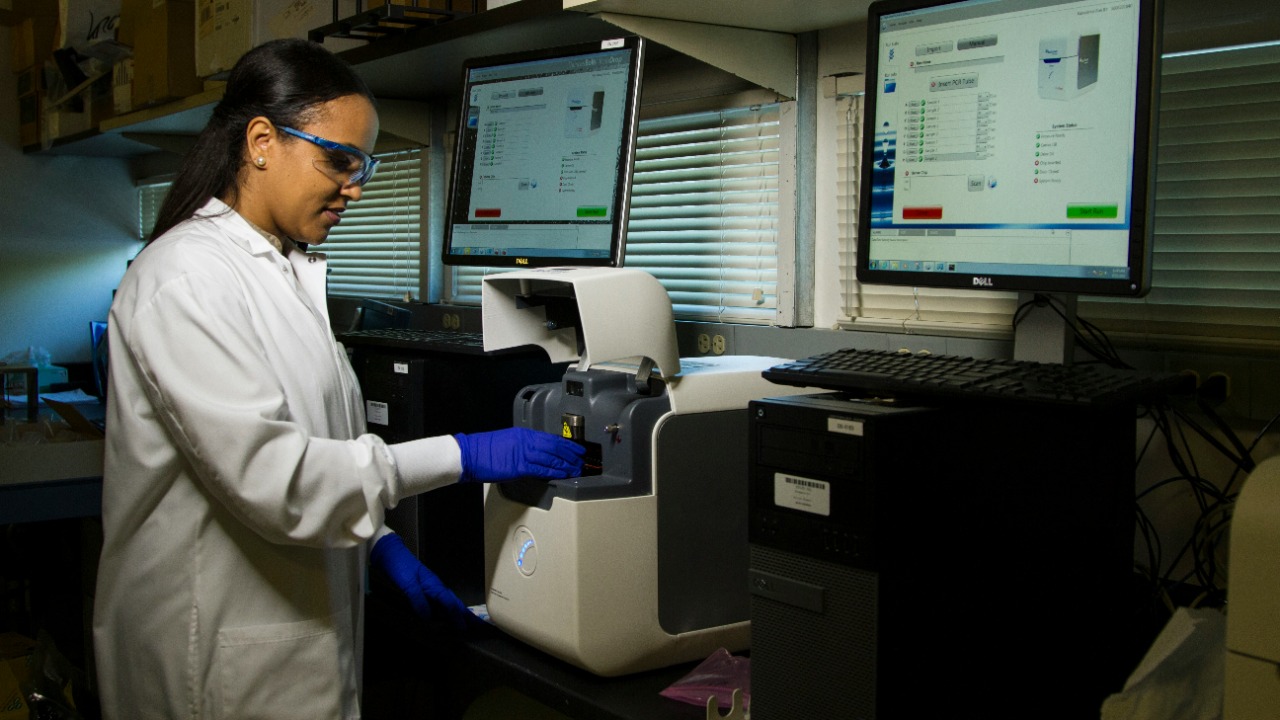
AI is shedding light on genetic factors that contribute to longevity. By analyzing DNA, AI can identify markers associated with a longer lifespan. Studies featured in Bionity demonstrate how AI is uncovering the secrets of longevity, offering insights into how some individuals live longer, healthier lives.
These findings have significant implications for aging research and healthcare planning. By understanding the genetic basis of longevity, scientists can develop interventions that promote healthier aging and extend quality of life.
Adaptive Immunity Markers
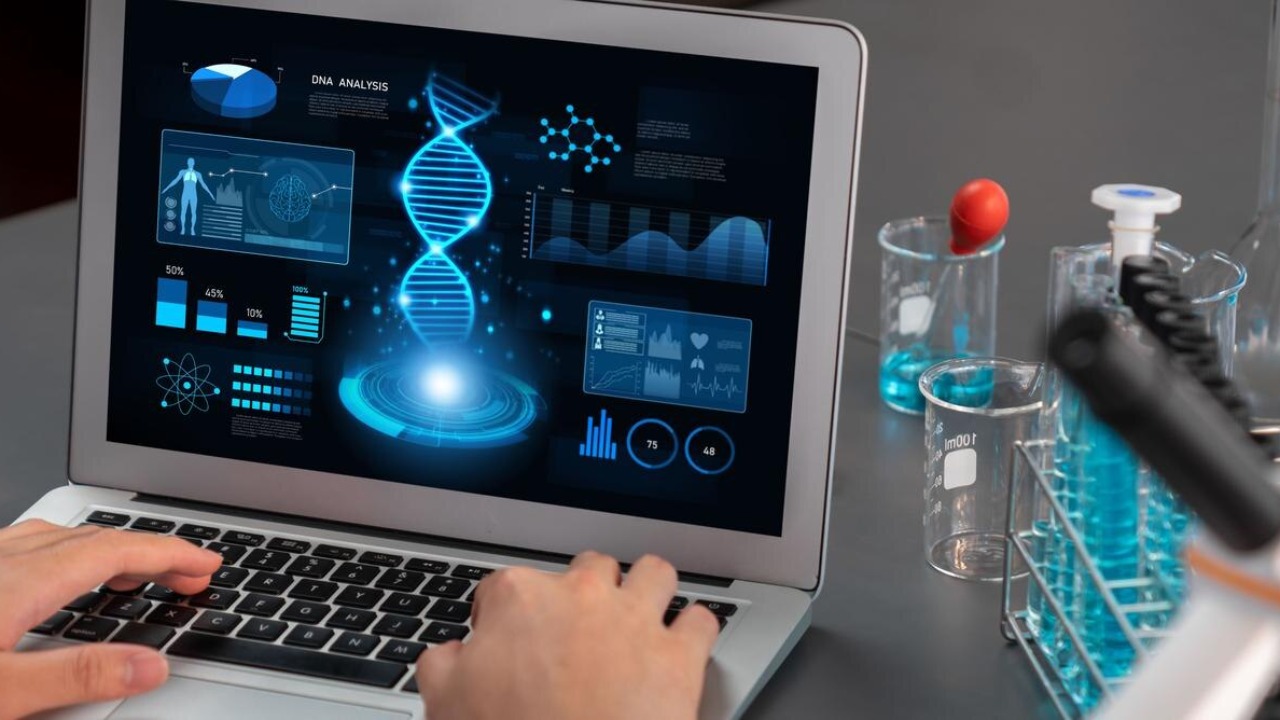
AI is revolutionizing our understanding of the immune system by identifying adaptive immunity markers within our DNA. By analyzing genetic sequences, AI can predict how individuals respond to infections or vaccines. According to TechXplore, these insights are crucial for personalized medicine and vaccine development.
This knowledge enables healthcare providers to tailor treatments and vaccination schedules, optimizing immune responses. As a result, AI-driven insights into adaptive immunity are enhancing public health strategies and improving patient outcomes.